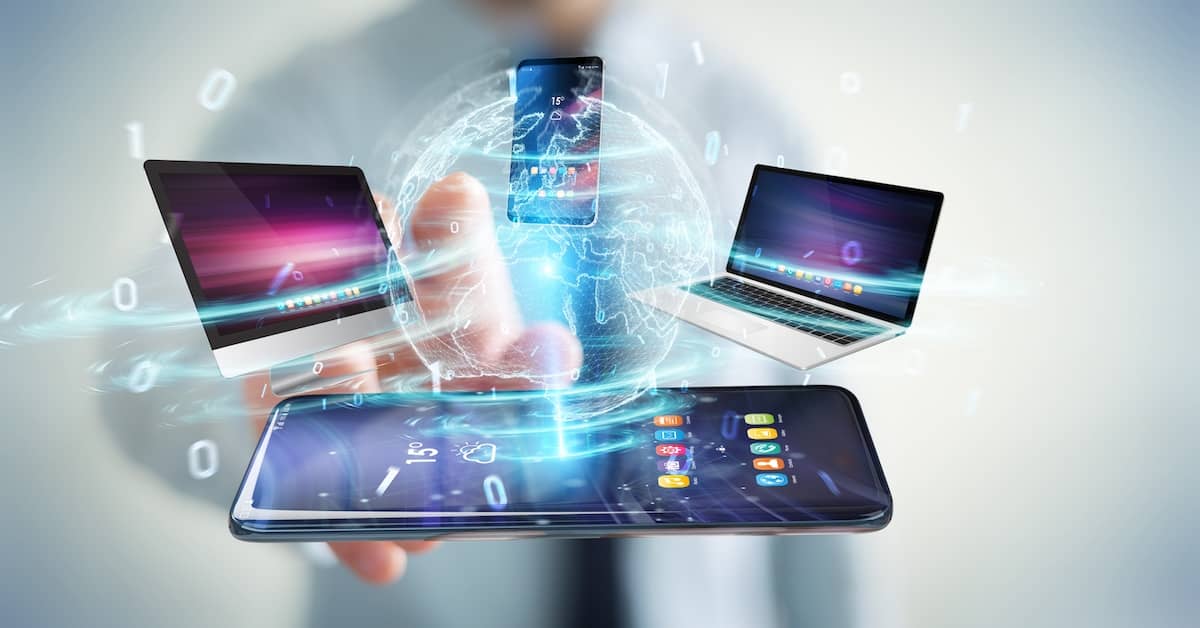
Key Takeaways
Blue light can kill retinal photoreceptors—the non-regenerating cells you need to see—potentially accelerating macular degeneration.
Alpha-tocopherol (vitamin E) shows protective effects in lab studies, but it’s not a cure; age lowers our natural defenses, so supplements are support, not a shield.
Behavior beats gadgets: cut evening screen time, use device blue-light filters/night mode, follow the 20-20-20 rule and take movement breaks; consider blue-blocking eyewear at night
Can Blue Light Speed Macular Degeneration
Mechanism by which Blue Light Promotes Macular Degeneration
Macular degeneration occurs when the photoreceptor cells of the eyes die. These cells need molecules called “retinal” to sense light and transmit images to the brain. “You need a continuous supply of retinal molecules if you want to see,” said Dr. Ajith Karunarathne, the study’s lead author in a press release. “Photoreceptors are useless without retinal, which is produced in the eye.” The University of Toledo lab found that if a blue light is shined on the retina a toxic reaction occurs that kills photoreceptor cells. Fellow researcher Kasun Ratnayake, PhD, noted that these photoreceptor cells do no regenerate in the eye. “When they’re dead, they’re dead for good,” he said.This Form of Vitamin E May Help
The researchers found that a molecule named alpha tocopherol stops the cells from dying. Alpha tocopherol is one of the eight forms of vitamin E and is a natural antioxidant in the eye and body. But don’t assume it will solve the problem. As people age, they lose their ability to fight against the attack by blue light excited retinal. “That is when the real damage occurs,” Dr. Karunarathne said. Blue light is emitted from not only our phones and laptops, but also natural sunlight. Here are some tips to minimize damage:- Reduce screen time, especially at night when the energy from transmitted blue light is more intense and can therefore cause more damage to retinas.
- Use special filter settings offered on smartphones that reduce the blue light that is displayed on the screen.
- Try special glasses that can block damaging blue light.
Summary
We live in a device-driven world—and our eyes are paying the price. Research highlighted in this article explains how blue light from phones, computers, and even sunlight can trigger a toxic reaction in retinal photoreceptors, the cells essential for vision. Because these cells don’t regenerate, repeated exposure may raise the risk of macular degeneration. Lab work from the University of Toledo suggests alpha-tocopherol (a form of vitamin E) can help blunt this damage, but it’s not a cure—especially as our natural defenses wane with age. The most practical path forward: reduce evening screen time, use built-in blue-light filters, consider blue-blocking eyewear at night, and follow common-sense habits like the 20-20-20 rule and regular breaks to protect comfort and long-term vision.
Frequently Asked Questions
What did the research actually show about blue light and vision?
Blue light can trigger a toxic reaction in retinal photoreceptors that leads to cell death. Since these cells don’t regenerate, repeated exposure may accelerate vision loss and raise the risk of macular degeneration.Is blue light only a problem from screens?
No. Sunlight is the largest natural source of blue light. Screens intensify close-range exposure—especially at night—when your eyes and circadian system are most vulnerable.Can vitamin E prevent blue-light damage?
In lab studies, alpha-tocopherol (a form of vitamin E) helped stop photoreceptor cell death. It’s not a silver bullet, and age reduces our natural antioxidant defenses, so smart screen habits still matter.Do blue-light filters and glasses work?
Device “night mode” and blue-light-filter settings reduce exposure and may ease eyestrain, particularly in the evening. Blue-blocking glasses can be an additional aid, but they don’t replace healthy screen limits.What’s the simplest routine to protect my eyes?
Cut screen time at night; enable night/light-filter modes.
Follow the 20-20-20 rule and take frequent movement breaks.
Keep a safe viewing distance and adjust brightness/contrast to your room.
If needed, use blue-blocking eyewear in the evening.

